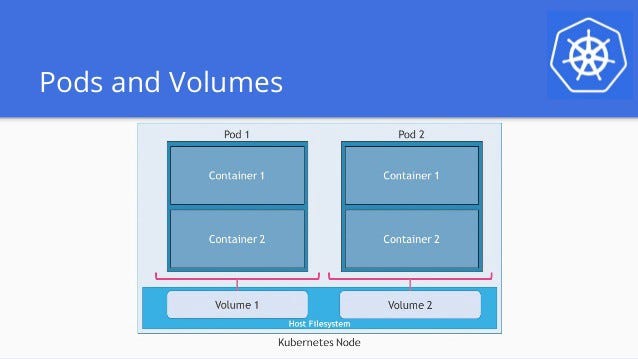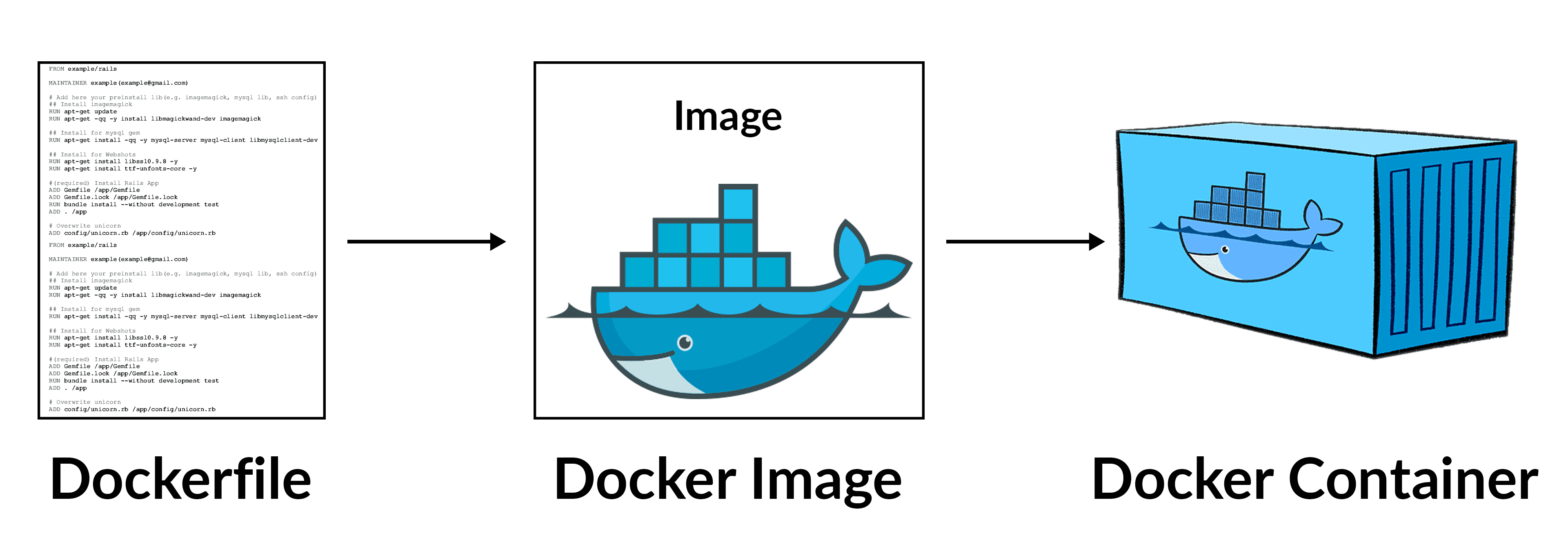
- DOCKER FOR MAC HOSTPATH RELATIVE FOR MAC
- DOCKER FOR MAC HOSTPATH RELATIVE INSTALL
- DOCKER FOR MAC HOSTPATH RELATIVE MANUAL
- DOCKER FOR MAC HOSTPATH RELATIVE MAC
If you absolutely need to pass an environment variable value somewhere into the agent block then above the pipeline create a groovy variable, set the value to the desired environment variable value, and then pass the groovy variable into the agent block so that the variable value is initialized before the pipeline and docker agent execute. Why not pass the AWS environment variables in the docker args key? Two reasons: first is that Jenkins doesn't support any plugin execution inside the agent, and second, environment variables aren't supported in the agent block. volumes-from=ssh-agent -e SSH_AUTH_SOCK=/.ssh-agent/socket \ If running on a Linux machine it is possible to simply forward the SSH agent for the host directly into the Jenkins docker container for authentication.ĭocker run -d -name=ssh-agent nardeas/ssh-agentĭocker run -rm -volumes-from=ssh-agent -v ~/.ssh:/.ssh -it nardeas/ssh-agent ssh-add /root/.ssh/id_rsa If the SSH agent from the host is available in the Jenkins container then it's possible to use the Jenkins Git plugin to pull private or public repos.
DOCKER FOR MAC HOSTPATH RELATIVE MANUAL
In a production Jenkins instance best practice would be to use the Jenkins Credential manager to store ssh keys, or aws creds, but for local testing you can avoid this manual setup, and simply mount the necessary credentials into the Jenkins docker container. This gets us a running Jenkins server which we can safely destroy or restart without losing any data, but one that doesn't have any credentials.
DOCKER FOR MAC HOSTPATH RELATIVE MAC
FYI, /private is a symlink to / on Mac OS, but due to docker-in-docker volume mounts we want the path in our Jenkins container to be the same as on the host machine, so we explicitly add /var/jenkins_home. The Docker preferences should look like below in the end.
DOCKER FOR MAC HOSTPATH RELATIVE FOR MAC
On a Mac it's best practice to avoid modifying / or /var directly, which is easily worked-around by creating a symlink to the jenkins_home folder somewhere in your /Users directory, and then setting the Docker for mac preferences to allow mounts from that location.
DOCKER FOR MAC HOSTPATH RELATIVE INSTALL
The problem with this is now this image either needs to be hosted and retrieved any time a new Jenkins node is created, or the Dockerfile used to create a fresh build on a new node.Ī better solution is to simply use the pre-built Jenkins image, and mount in the docker executable and socket from the host machine, so we don't have to install docker into the Jenkins container, and thus no Dockerfile to write or maintain.ĭocker run -it -u root -p 8080:8080 -p 50000:50000 \īy mounting the /var/jenkins_home folder inside the Jenkins container to the same path on the host machine we alleviate issues with missing files when mounting volumes inside a container running inside the Jenkins container, because docker will mount the path from the host machine, not the Jenkins container, when trying to mount directories into a container running inside Jenkins. With a basic Dockerfile like above we could then build a custom Jenkins image, and now docker calls inside this docker container will have an installed docker version. For this setup, we could use a Dockerfile that looks something like this: FROM jenkins/jenkins:lts One approach to solving this is to build a custom Jenkins docker image that would run on any and all Jenkins nodes with docker explicitly installed inside the Jenkins container.

The first problem is that the official Jenkins docker image doesn't contain docker, so docker commands won't execute. Make Docker available inside the Jenkins container The crux of the issue with Jenkins in docker is that Jenkins is running as a container, and inside that container we want to run other docker containers for various project builds, which complicates mounting drives or managing credentials. All of this maximizes how flexible our jobs are, and makes them much less brittle. If we follow the philosophy that every build step or action should run in a docker container, even the Jenkins server itself, then we get massive benefits from things like, total control over the build environment, easily modify the build environment without the possibility of adversely effecting other jobs, explicit and strongly controlled tool versions, easily change or test new tool versions, simplified Jenkins master or slave node creation, enable any job to run on any node, and reduced-to-completely-eliminated configuration drift.

You could install Jenkins to avoid any docker-in-docker issues, but then you have Jenkins on your machine, and the local environment is likely going to be a fairly different from the actual production build servers, which can lead to annoying and time-consuming issues to debug.īuild environment differences are precisely why there is a strong argument to be made to run build processes strictly in docker containers.

Testing Jenkins flows on your local machine, or running Jenkins in production in a docker container can be a little tricky with a docker-in-docker scenario.


 0 kommentar(er)
0 kommentar(er)
